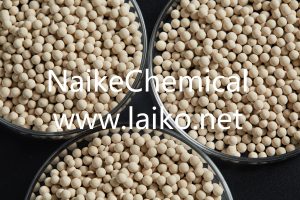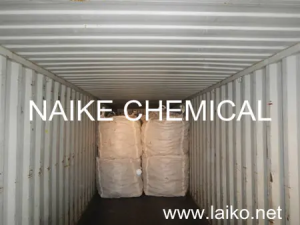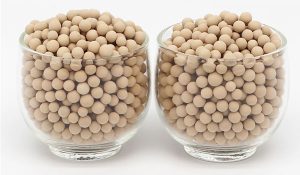Revolutionizing Industrial Processes with PSA Molecular Sieve: Everything You Need to Know
In today’s rapidly evolving industrial landscape, the quest for efficiency, sustainability, and cost-effectiveness is relentless. One technology that has been at the forefront of this revolution is the Pressure Swing Adsorption molecular sieve. With its ability to separate gases with high precision, PSA molecular sieve has emerged as a game-changer in various industrial processes. In this blog, we will explore the incredible potential of PSA molecular sieve, particularly in the context of hydrogen production. Join us as we delve into the world of PSA molecular sieve and discover how it is reshaping industrial processes.
Understanding the Basics of PSA Molecular Sieve
PSA molecular sieve is a gas separation technology that relies on the principle of selective adsorption. It utilizes a specialized adsorbent material called molecular sieve, which consists of tiny pores of a precise size. These pores act as molecular traps, selectively adsorbing certain gas molecules while allowing others to pass through. The PSA process involves cyclic operation, including adsorption, desorption, and product gas recovery. During the adsorption phase, a feed gas mixture is introduced into a pressurized vessel containing the molecular sieve. The sieve selectively adsorbs the desired gas components, such as hydrogen, while allowing other gases to pass through. Once the desired gases are adsorbed, the remaining gas mixture, known as the tail gas, is discharged.
The Significance of Hydrogen in Industrial Applications
Hydrogen is a versatile and essential element in various industrial applications. It is widely used in industries such as oil refining, ammonia production, electronics, and metallurgy. Traditional methods of hydrogen production, such as steam methane reforming, have limitations in terms of energy consumption, carbon emissions, and purity.
Harnessing the Power of PSA Molecular Sieve for Hydrogen Production
PSA molecular sieve technology offers a more efficient and sustainable solution for hydrogen production. By leveraging its selective adsorption properties, PSA molecular sieve can separate hydrogen from gas mixtures with high purity and recovery rates. The process operates at near-ambient temperatures, reducing energy requirements compared to traditional methods. Furthermore, PSA molecular sieve allows for continuous hydrogen production, ensuring a steady supply for industrial processes.
Applications of Hydrogen Produced via PSA Molecular Sieve
Hydrogen produced through PSA molecular sieve technology has various industrial applications. One significant use is as a clean fuel for transportation and power generation. Hydrogen fuel cells offer an environmentally friendly alternative to conventional combustion engines, emitting only water vapor as a byproduct. Additionally, PSA molecular sieve-produced hydrogen is utilized in the production of chemicals and materials, including fertilizers, methanol, and glass. The versatility of hydrogen makes it a crucial component in emerging sectors such as aerospace and renewable energy.
Overcoming Challenges and Future Developments
While PSA molecular sieve technology has proven its effectiveness in hydrogen production, there are ongoing efforts to address its limitations. These include optimizing the selectivity and capacity of molecular sieves, improving energy efficiency, and exploring new adsorbent materials. Researchers are also investigating the integration of PSA molecular sieve with other technologies, such as membrane separation, to enhance overall system performance.
PSA molecular sieve is revolutionizing industrial processes, offering a highly efficient and cost-effective solution for gas separation, particularly in hydrogen production. Its ability to generate high-purity hydrogen gas opens up new possibilities for industries, including energy, transportation, and manufacturing. By embracing this innovative technology, industries can unlock new efficiencies, reduce environmental impact, and drive towards a more sustainable future. PSA molecular sieve stands as a remarkable technology that is transforming the way we produce and utilize gases in industrial applications.



